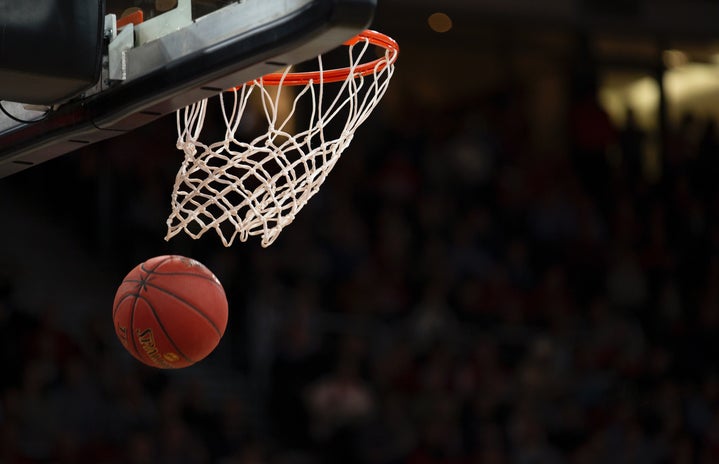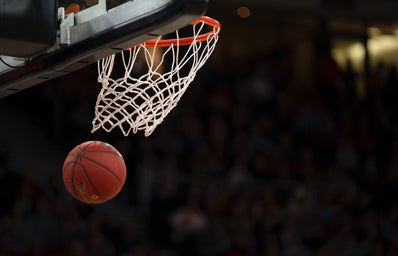On Sunday, April 2, Louisiana State University triumphed over the University of Iowa in the women’s NCAA basketball final. This is LSU’s first women’s basketball championship in program history and Iowa’s first time in the finals.
However, there is less attention on this historical win and more on the potential feud between two players.
In the final moments of the game, Angel Reese, a forward for LSU, celebrated her team’s victory by waving her palm in front of her face, a nod to John Cena’s “You Can’t See Me” move. She also tapped her ring finger, referencing the championship ring she was about to receive.
Reese was called out on social media for the gestures, being called “classless” and an ‘idiot.”
However, her opponent, Caitlin Clark, a forward for Iowa, made the same “You Can’t See Me” gesture during her game against Louisville. However, her move was met with no backlash.
The difference? Reese is African American and Clark is white.
People were quick to notice the differences in treatment for the girls, including LeBron James, Shaquille O’Neal and former football player Ryan Clark, who is an alum of LSU.
Clark said that she didn’t even notice the gesture during the game, keeping her focus on enjoying the last moments of the season on the court with her team.
“I don’t think Angel should be criticized at all,” Clark said in an interview with ESPN. “We’re all competitive. We all show our emotions in a different way.”
She went on to say that she is a big fan of Reese and that she has nothing but love and respect for her.
Reese is no stranger to controversy, having faced criticism even in high school. An opposing coach claimed that her talent was the result of her being “genetically gifted” and went on to call her a “punk.”
Reese said that the hate she and her team received on social media throughout the season helped push her to succeed, finishing with an average of 23 points per game and 15.4 rebounds.
“All year, I was critiqued about who I was,” Reese said during the postgame press conference. “I don’t fit in a box that y’all want me to be in. I’m too hood. I’m to ghetto. But when other people do it, y’all say nothing.”
Although this game is now being remembered for this so-called rivalry, there is still reason to celebrate. According to ESPN, 9.9 million viewers tuned in for the game, peaking at 12.6 million viewers. It is now the most-viewed event on ESPN’s streaming service, ESPN+.
Women’s sports are historically overlooked and underfunded. In 2019, men’s NCAA basketball made $933 million in revenue, with an average of 10.5 million viewers per game. For women’s NCAA basketball, the revenue generated is much lower, making $266,183 and averaging 3.6 million viewers per game.
Women represent 43.4% of all college athletes, yet the recieve less than 20-30 percent less than men for travel allocation, recruiting resources, equipment and operating expenses.
Many of the games during the women’s March Madness tournament outperformed NBA games, with the four games comprising of the Elite Eight all reaching over one million viewers.
“I’m happy,” Reese said. I feel like I’ve helped grow women’s basketball this year.”
Both Reese and Clark will be returning for the 2023-2024 season, and the media attention this season received could mean increased ratings next year. Clark hopes that people recognizing the competitiveness these players have will inspire more people to tune in.
“I compete, she competed. It was a super, super fun game,” Clark said. “I think that’s what’s going to bring more people to our game.”


